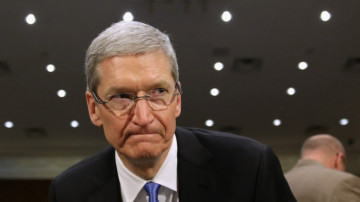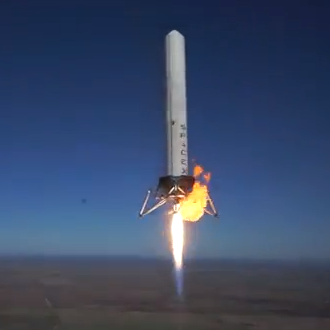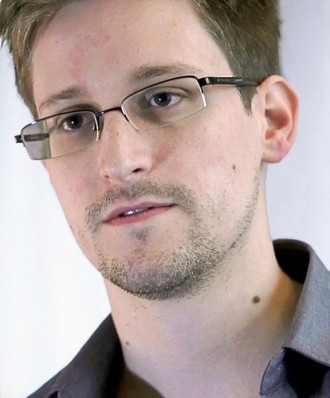 A Swiss art project entitled “The Random Darknet Shopper” has been spending $100 in Bitcoins to buy random products off the Darknet.
A Swiss art project entitled “The Random Darknet Shopper” has been spending $100 in Bitcoins to buy random products off the Darknet.
The project used a Darknet-surfing robot and apparently managed to buy 10 ecstasy tablets and a bogus Hungarian passport scan.
The London-based Swiss artists !Mediengruppe Bitnik – Domagoj Smoljo and Carmen Weisskopf wrote on their blog that the robot’s artistic habits did not impress Swiss coppers.
After the exhibition in Switzerland closed, the public prosecutor’s office of St. Gallen seized and sealed their work with the purpose of “impeding an endangerment of third parties through the drugs exhibited by destroying them.”
The artists describe their medium as the use of hacking as an artistic strategy and say that they programmed The Random Darknet Shopper to answer the basic human questions like what does it mean for a society, when there are robots which act autonomously?
They are also curious to see who is liable, when a robot breaks the law on its own initiative.
Apparently the artists have discovered that it is them.
“We are the legal owner of the drugs – we are responsible for everything the bot does, as we executed the code. But our lawyer and the Swiss constitution says art in the public interest is allowed to be free,” they said.
Swiss prosecutors have yet to decide that point. But it does seem that the robot managed to have an interesting stash of illegal goods. This included a counterfeit pair of Diesel jeans, A Sprite stash can that you can hide drugs or cash in, a decoy letter, a baseball cap with a hidden, remote control, mini video camera, and a platinum Visa card, a carton of Chesterfield cigarettes from Moldavia and a master set of fire brigade keys.



















